It comes as no great surprise to see the name Pedro Almodóvar — along with that of his brother Agustín and their production company, El Deseo — on the production credits of the Oscar-nominated Argentinian film Wild Tales. Almodóvar is clearly an influence on writer-director Damián Szifron — so much so that his portmanteau film might be called Six Tales Way Beyond the Verge of a Nervous Breakdown. However, it would be a mistake to call Wild Tales an Almodóvar knockoff. It’s pretty much its own beast. It’s leaner and meaner — in part because of the short-film nature of the portmanteau approach — and it’s generally less prone to being amped-up soap. No one but Almodóvar can really make an Almodóvar film — where warmth and playfulness exist right next to the outrageous, and sometimes within it — and Szifron has wisely not tried to make one.
Wild Tales is, of course, uneven. That’s the very nature of a film that is made up of unconnected — or vaguely connected — short films. Some of the tales are simply going to be both wilder and more compelling than the others. Truthfully, only one segment — the penultimate one — falls very much below the others, and the fact that the final tale is perhaps the wildest, wickedest and most subversive of the lot more than makes up for it. There is another inherent problem with a movie of this type — so much of its impact depends on the element of surprise that it’s difficult to write about it without saying too much. I will try not to give away anything significant.
Though the six segments have titles — “Pasternak,” “The Rats,” “Road to Hell,” “Bombita,” “The Deal,” “‘Til Death Do Us Part” — they aren’t given those titles until the end credits. There’s no framing device. One segment fades to black and the next fades in. The first, “Pasternak,” sets the tone. It’s also the shortest and the one most likely to upset viewers — not through any fault of its own, but because a current event inadvertently makes its story perhaps in worse taste than intended. But Wild Tales isn’t much interested in tender sensibilities — rather, it trades in deliberately outraging those sensibilities in bleakly funny and anarchic ways.
The next two segments — “The Rats” and “Road to Hell” — are also brief and to the point. I admit to much preferring “The Rats” to “Road to Hell” — the latter being a little too obvious and cartoonish for my taste. All six stories deal in revenge, but “The Rats” takes an unusual turn in that it offers a kind of reluctant revenge that’s orchestrated by a more volatile friend. Both stories, however, are good and provide a smooth transition to the three more complex tales.
The first more complex story, “Bombita,” deals with a man, Simon (Ricardo Darín, The Secret in Their Eyes), who lives in a constant state of being enraged by the unfairness of the world — so much so that he’s managed to alienate his family to a point where his wife (Nancy Dupláa) opts to divorce him. More, because his actions against a corrupt bureaucratic setup have brought unwanted publicity to his company, he’s fired from his job. Not only do his subsequent reactions to this situation have their payoff, they produce some unexpected results. The only problem with this segment is that it is so grounded in frustration that it tends to be a little frustrating itself.
The less said about the fourth story, “The Deal,” the better. At best, it’s OK, but it drags in a way that nothing else in the film does. Perhaps it’s the fact that the revenge motif this time is virtually an afterthought — it is certainly a side issue that does no more than set up an ending that is neither as ironic, nor surprising as Szifron seems to believe. But more than anything, the problem is that it’s a story you’ve heard before and too often. It lacks the freshness and the bite of the other five.
Fortunately, the best has been saved for last — “‘Til Death Do Us Part.” It is the most dramatically and emotionally complex chapter in the film. We drop in on an upscale wedding in Buenos Aires — a carefully and beautifully orchestrated affair that Szifron just as carefully turns into a beautifully orchestrated series of revenges great and small. No matter how much of a disaster any wedding you’ve ever attended — including your own — has been, I assure you it will pale in comparison to the nuptials of Romina (Erica Rivas, Tetro) and Ariel (Diego Gentile), which manage to be an affront to every possible vestige of decorum and taste. That it’s also giddily subversive on the topic of romance makes it the perfect ending for these tales. Rated R for violence, language and brief sexuality.




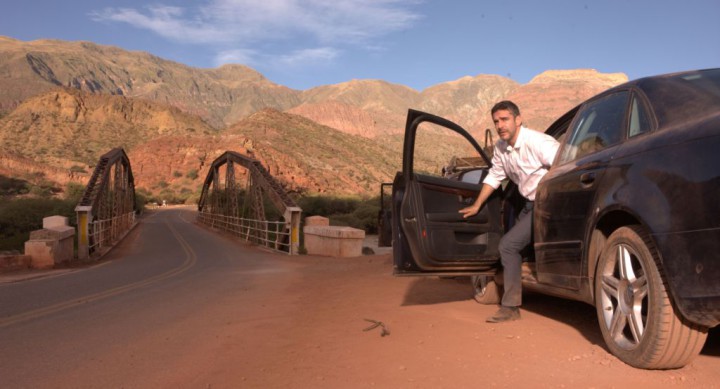
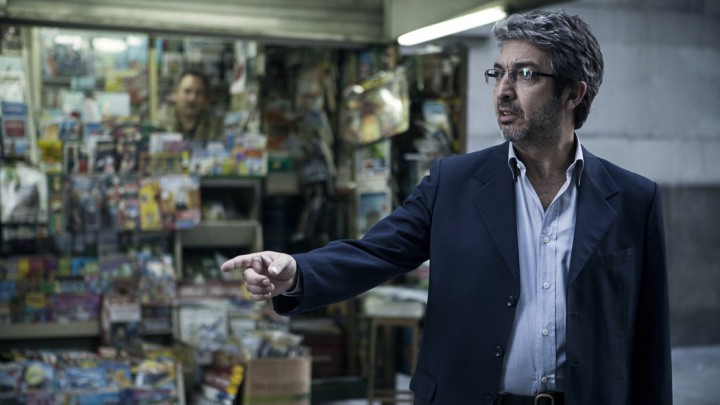
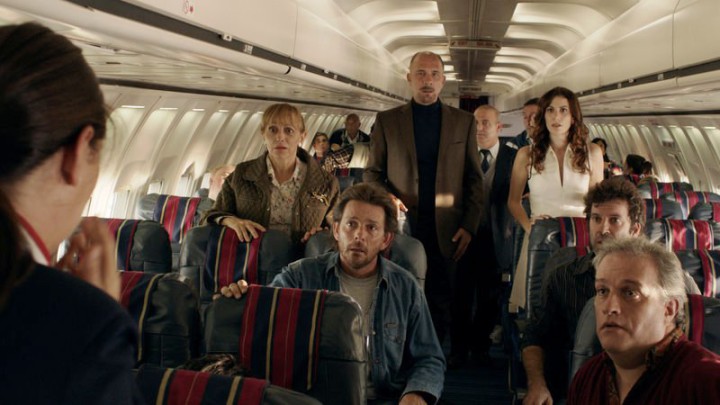
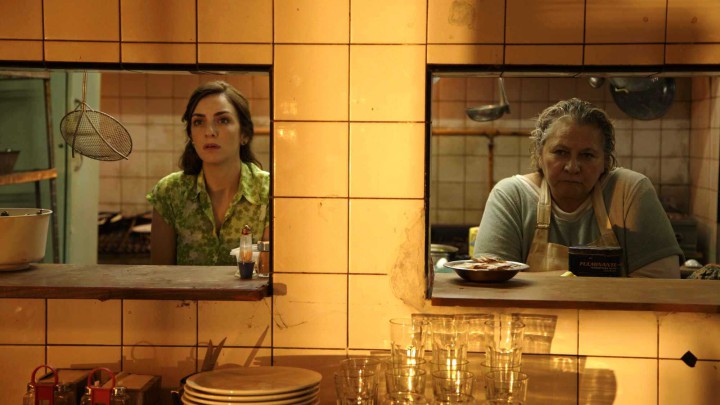
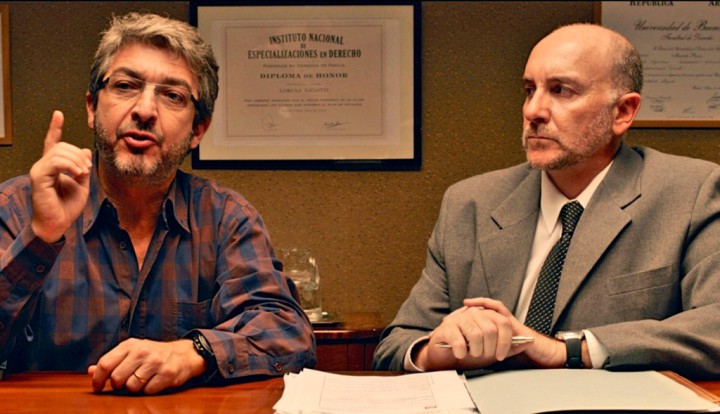
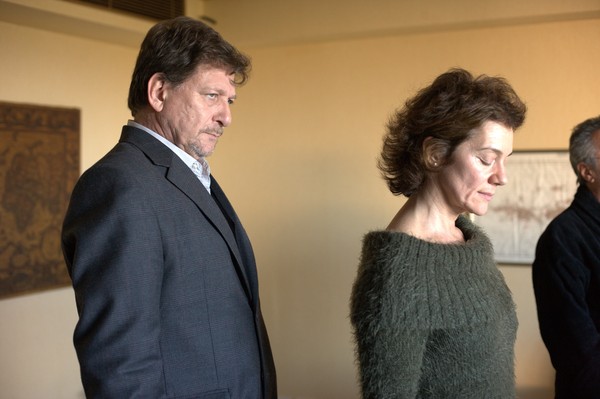
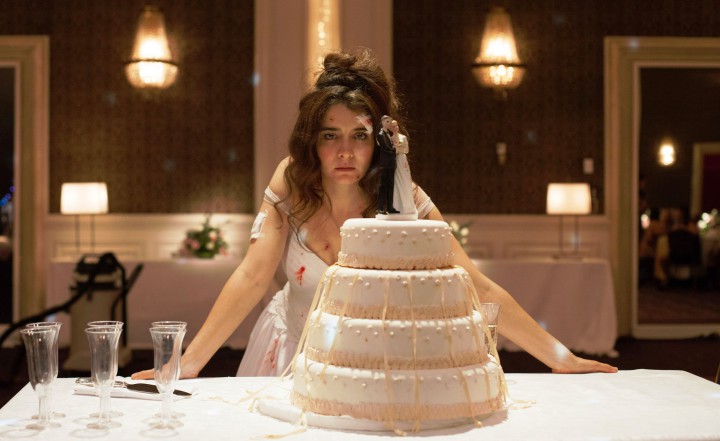
Though I have deliberately not revealed — and don’t intend on revealing — the nature of the opening sequence of Wild Tales, I am not surprised to learn that the largest cinema chain in the UK and the British Film Institute have added a disclaimer to the film about this sequence being possibly disturbing to some viewers because of its resemblance to a recent real-life tragedy.
The first vignette was followed by stark silence, and the others received a smattering of chuckles from the audience. The theater showing this is the local “old peoples theater”, and many in the audience were quite dismayed. I laughed my ### off.
Certainly nice to hear from you after all this time! And I’m happy to see you haven’t changed much.